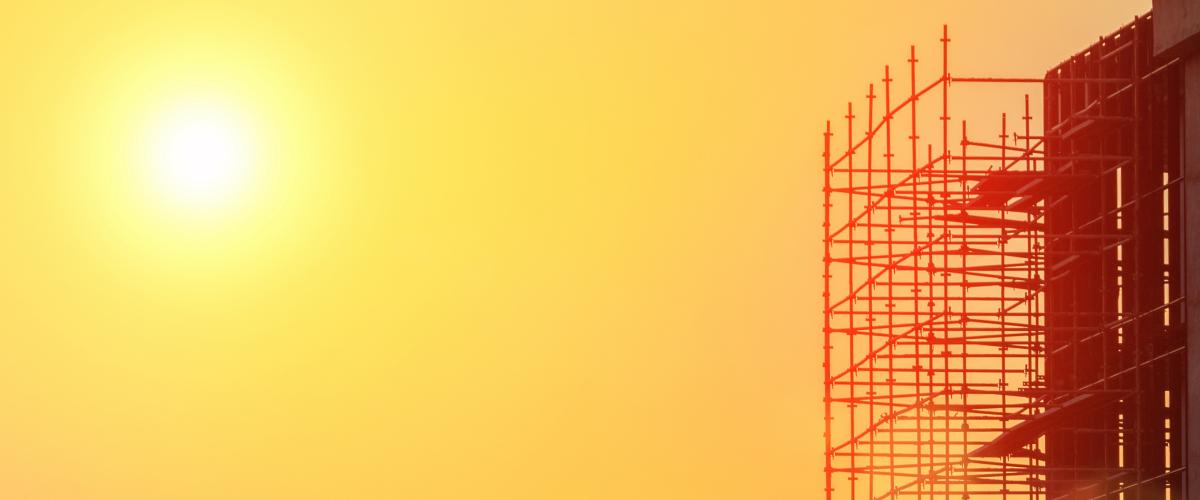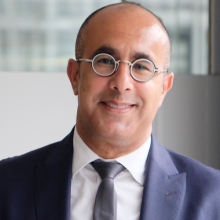
Blogs
In an era of worsening climate and disaster risks, Sameh Wahba, Global Director for the World Bank’s Urban, Disaster Risk Management, Resilience and Land Global Practice and Mami Mizutori, Special Representative of the United Nations Secretary-General (SRSG) for Disaster Risk Reduction, lay out the case for making our homes and schools safer and stronger.
Drawing on our experience working on resilient education across the globe, GFDRR and the World Bank have recently published an education recovery guidance note. The note provides critical insights that government officials, the private sector and other development practitioners should take into account in the recovery and reconstruction of the education sector over three distinct phases of action.
Eager to exchange experiences and lessons learned, more than 60 development practitioners from 29 small island states came together in Geneva, Switzerland on May 12-13, 2019 for the Fourth Meeting of the Small Island States Resilience Initiative (SISRI) Practitioners’ Network.

 Paolo Avner
Paolo Avner
 Jun Erik Rentschler
Jun Erik Rentschler
 Nicholas Jones
Nicholas Jones
 Sameh Wahba
Sameh Wahba
 Mami Mizutori
Mami Mizutori
 Alexander Agosti
Alexander Agosti
 Paloma Zapata
Paloma Zapata
 Nadim Saghir
Nadim Saghir
 Markus Kukkonen
Markus Kukkonen
 Linus Pott
Linus Pott
 Fatima Arroyo Arroyo
Fatima Arroyo Arroyo
 Xavier Espinet
Xavier Espinet
 Dunstan Matekenya
Dunstan Matekenya
 Helena Goetsch
Helena Goetsch
 A.S. Harinath
A.S. Harinath
 Martha Lawrence
Martha Lawrence
 Keren Charles
Keren Charles
 Kerri Cox
Kerri Cox
 Priscilla M. Phelps
Priscilla M. Phelps
 Martin Ras
Martin Ras
 Tigran Shmis
Tigran Shmis
 Joel Reyes
Joel Reyes
 Koji Miyamoto
Koji Miyamoto
 Hanna Alasuutari
Hanna Alasuutari
 Naraya Carrasco
Naraya Carrasco
 Cindy Quijada Robles
Cindy Quijada Robles
 Lorenzo Piccio
Lorenzo Piccio